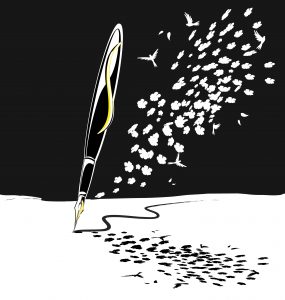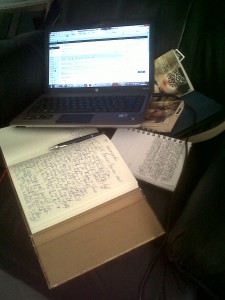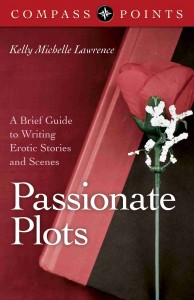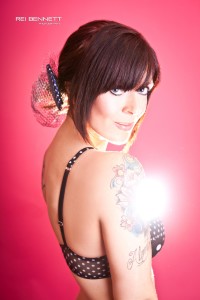I can’t tell you how excited I am to have Emmanuelle de Maupassant as my guest today. If anyone knows the hearts and minds of women writing the erotic, Emmanuelle does. She knows because she’s interviewed nearly a hundred of them — I’m honoured to be one — and many of you have been reading her fascinating articles with their very personal, very honest, view into the minds of these amazing woman. If you haven’t but would like to, find them all on Emmanuelle’s Blog. Today she is going to share a little overview of her findings with a Hopeful Romantic.
Having interviewed almost a hundred women authors who explore sexuality through their fiction, Emmanuelle de Maupassant has created a series of articles capturing their thoughts on the importance of the ‘erotic’ genre.
Here, she gives us a glimpse at her findings.
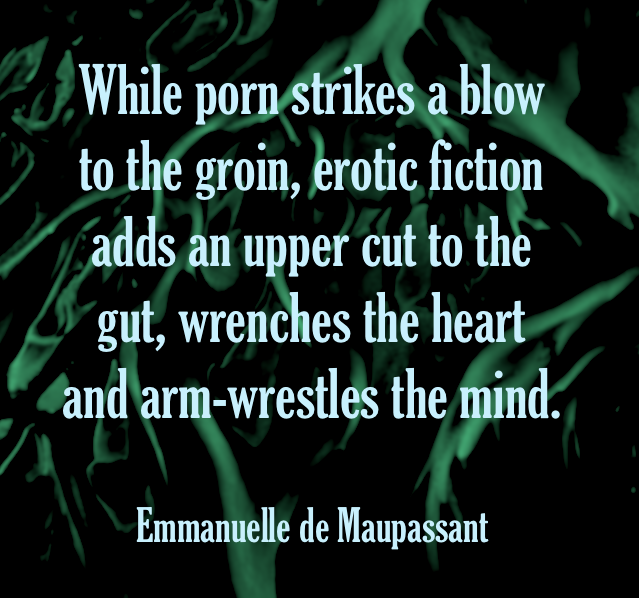
I’m delighted to say that more women than ever are letting rip on the page, opening up their sexual imagination. We continue to battle for equal rights, respect and recognition, across every sphere imaginable, but when it comes to erotic fiction, our feet are firmly under the table.
Of course, there are some truly talented men writing erotic fiction too. Many would argue that gender is irrelevant in how we approach the page as writers: that we have the ability to portray any human being, from any time in history, and from anywhere.
It’s certainly true that some elements of the human condition are universal.
We all know what it is to love, to despair, to smile, or to regret. We know the fragility of life and we share wonder in the world we inhabit. And yet, as women, aren’t we best placed to portray what it’s like to walk in our skin?
Writing Women’s Sexuality
As little girls, we’re taught all the things we should never mention, and never do; for many of us, it’s a lifelong journey to free ourselves of inhibition.
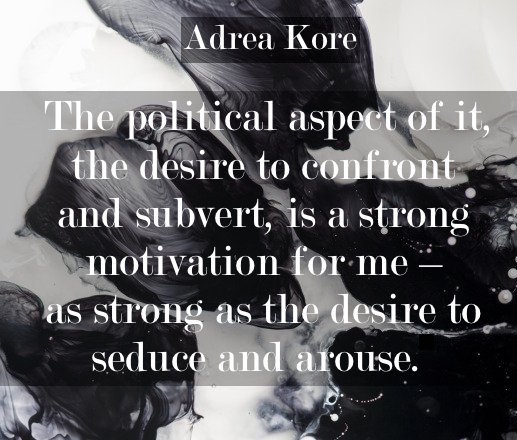
Adrea Kore reminds us, “Women writing and speaking about their own desire, being open with what gives them pleasure and turns them on … even finding the words for that is something that is still seen as taboo in corners of Western culture, let alone in comparison to cultures where women are more repressed ideologically, and socially.”
In expressing our understanding of our sexual self, looking at how erotic impulse shapes us, we recognize that we are more than intellect, and more than emotion. We are also ‘of the body’.
Tabitha Rayne notes that writing erotic fiction, “felt like discovering a new colour‘ and ‘opening a door to myself.”‘
Kristina Lloyd echoes this, saying, “Through writing, I’ve learned so much about my own sexuality and desire.”
Rose Caraway, speaking of her work in audio narration of erotic fiction, tells us, “Together, we’re helping people awaken… Each story narrated acknowledges sexuality, our own and others’, because it’s being read aloud. Those words want to be heard, making us stronger, so that we can better express and own our sexuality.”
Erotica is diverse as a genre, in content and style. We’re individuals, each with our tastes, our own ‘kinks’ and our own fantasies. Really, the possibilities are infinite!
With that in mind, a strong response coming through was that writers want to look beyond common ‘formulas’ in fiction. They want to write the unexpected. They want to explore not only our passions but our vulnerabilities, and our flaws. They want to show what drives us to make certain choices and the consequences of those decisions.
KD Grace asserts, “Few actions can change a story more dramatically than sex properly placed. I can’t imagine trying to tell a story without sex included. Neither can I imagine writing sex that isn’t an integral part of a story.”
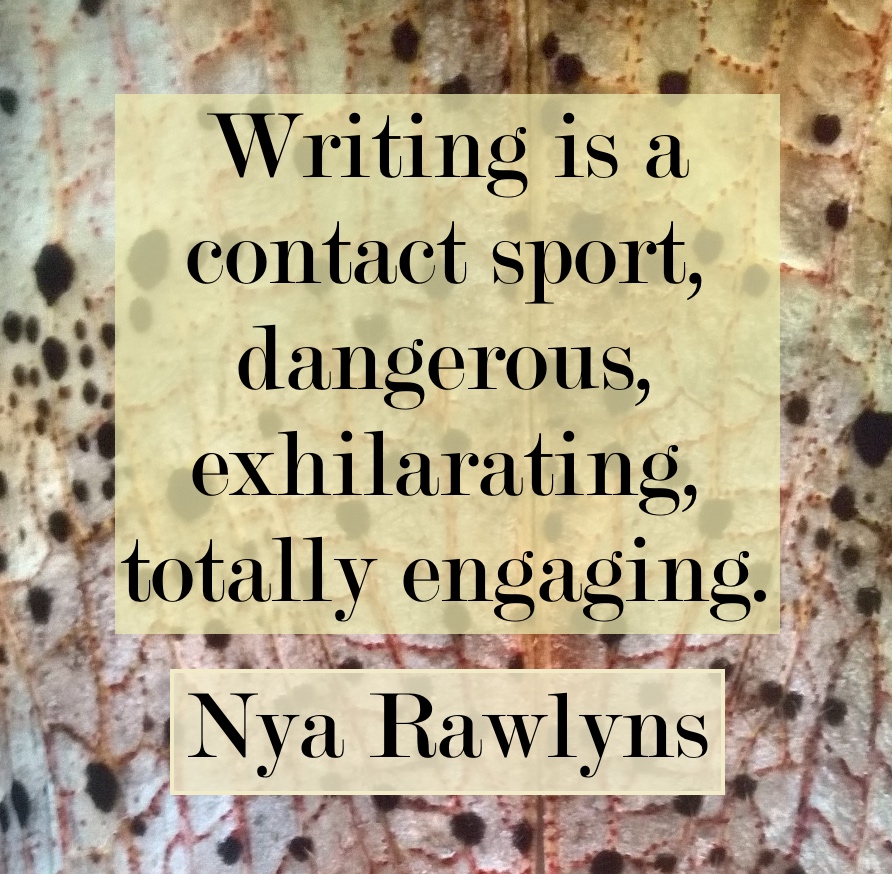
Mirrors to versions of the ‘self’
In exploring the psychology of desire, erotic fiction has the power to delve not just our fantasies but our truths. It holds a mirror to versions of our ‘self’ rarely let out in polite company.
It commonly explores themes of identity, of connection, of yearning, of truth and deceit, of freedom and constraint.
Erotic fiction lends itself to exploration of ‘grey areas of morality’, as Tobsha Learner calls them: to the small lies we tell ourselves, and to the ways in which we manipulate or make use of others.

Remittance Girl states her desire ‘to write what frightens and unsettles us, as well as what delights us’.
Erotic fiction has the potential not only to electrify us sexually but to deliver a punch to the emotional gut and to caress our intellect. Like all great storytelling, it has the power to provoke us at many levels.
Adrea Kore emphasizes, “Erotica writes into areas of the human sexual psyche and behaviour that some genres gloss over or shy away from. Erotica brings into the light contradictions between our inner sexual desires and our outward behaviour. What do we secretly long for, and to attain that, what lengths would we go to?”
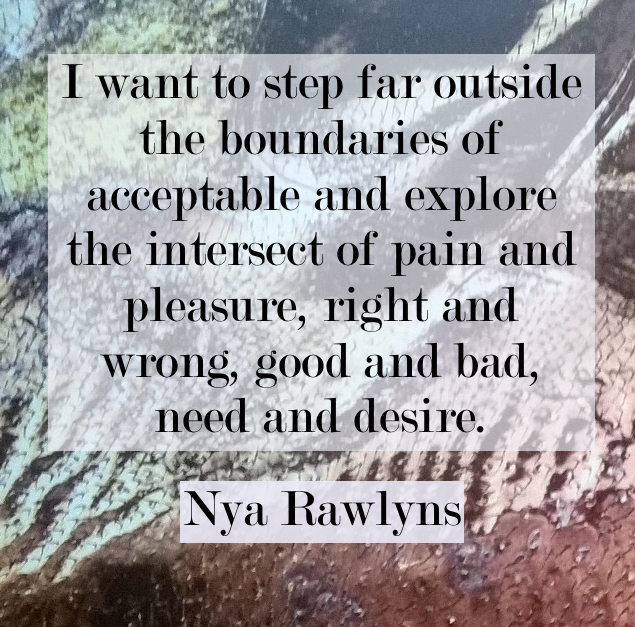
Fantasy v. Realism
Fantasy (all the ‘what ifs’ of our imagination) is a well-recognized aspect of erotic fiction. If not here then where else can we explore ‘the forbidden’. Janine Ashbless sees fiction as ‘a safe area in which to let our darker selves, our fears and our desires, out for a little exercise…’
It may seem contradictory to seek out greater realism within erotic fiction but many writers assert a desire to create recognizable, diverse characters (for instance, of all ages, and who vary from typical ideals of physical ‘perfection’) and characters with psychological depth, to better allow readers to empathize, and enter into alternate possibilities.
KD Grace explains, “I’m sick to death of weak, cardboard women being written as subs and mean, unlikable, men being written as Doms (or, even worse, as really creepy, stalker types). I want depth, I want a connection that has more to do with what drives the characters, and with the chemistry between them, and less to do with the trappings.”
Why Read Erotic Fiction
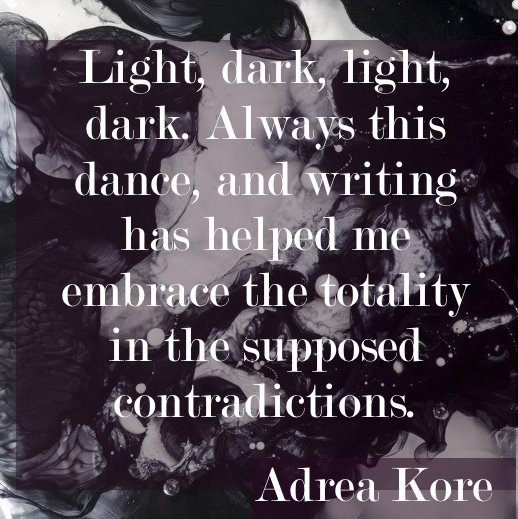
Reading Erotic fiction can open our eyes to new understanding of our sexuality (and our broader psyche). It encourages us to push aside shame and it empowers us to express our needs and desires. For many of us, it’s the catalyst in finding our sexual voice. It can help erode sexual stigma, encouraging women, and men, to voice their desire more honestly.
Tobsha Learner notes the struggle to find ‘a sexy word for vagina – something that purrs as well as has claws’. Her comment is playful but she touches upon an issue at the heart of women’s writing of the erotic.
Our sexuality is multi-layered, and the ways in which we express our desire are just as complex. We are fluid. We are changeable. We are the tiger and we are the pussy cat.
We, as writers, are exploring the many facets of desire.
We are liberating our voices.
As the reader, you can liberate yours too.
To read the full series of articles, or to find out more about erotic fiction, visit Emmanuelle’s website: www.emmanuelledemaupassant.com
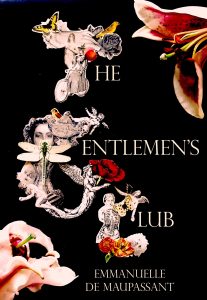
About Emmanuelle:
Emmanuelle de Maupassant lives with her husband (maker of fruit cake) and her hairy pudding terrier. She is the author of ‘The Gentlemen’s Club’ (recommended by Stylist Magazine as one of the sexiest reads of 2015) and of ‘Cautionary Tales’ (inspired by Slavonic superstitions and folklore).
You can find Emmanuelle on Amazon: viewAuthor.at/EmdeM
On Facebook: https://www.facebook.com/EMaupassant
And on Twitter: https://twitter.com/EmmanuelledeM
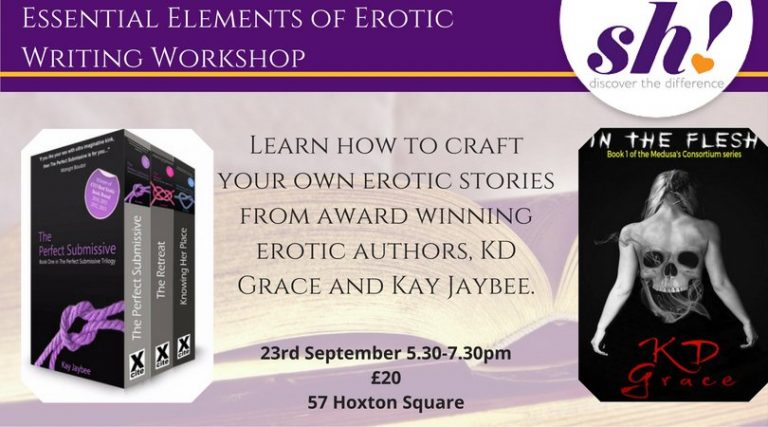
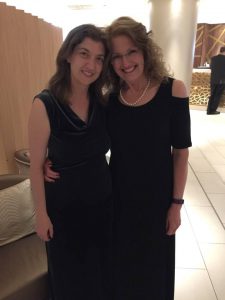 try, but the whole idea of writing it all down makes you blush furiously? Well here’s your chance to past the blush and write the sizzle.
try, but the whole idea of writing it all down makes you blush furiously? Well here’s your chance to past the blush and write the sizzle. internal editor and get down to writing the good stuff in a nasty, fun way.
internal editor and get down to writing the good stuff in a nasty, fun way.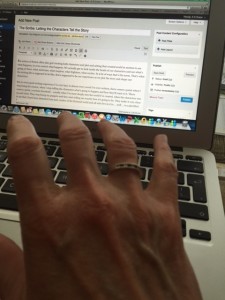 you don’t look like you’re not wearing any knickers. You don’t look like you just had extra cream in your coffee. You don’t look like you’ve been reading Cosmo in the ladies room.’
you don’t look like you’re not wearing any knickers. You don’t look like you just had extra cream in your coffee. You don’t look like you’ve been reading Cosmo in the ladies room.’